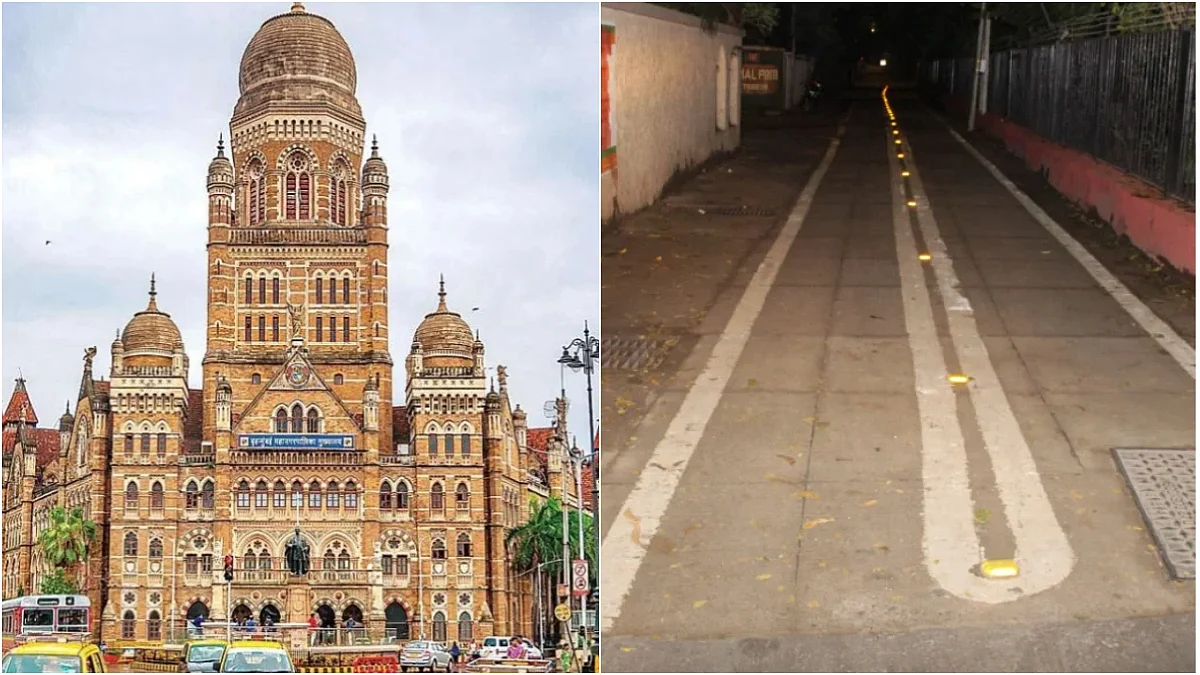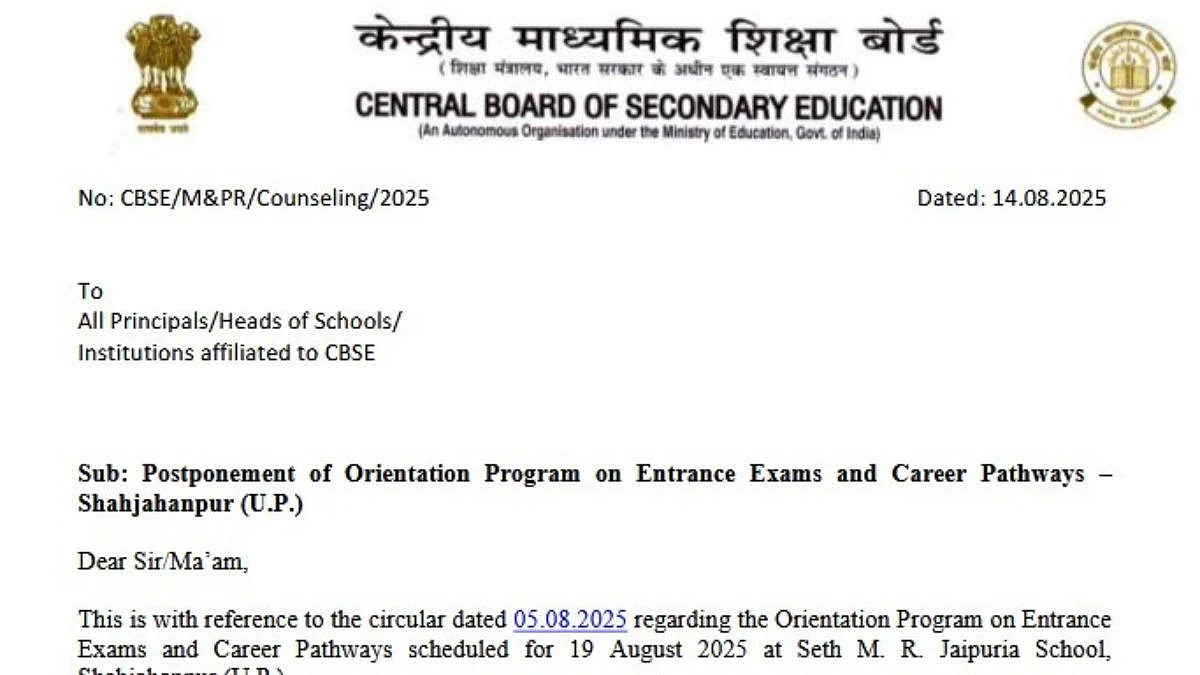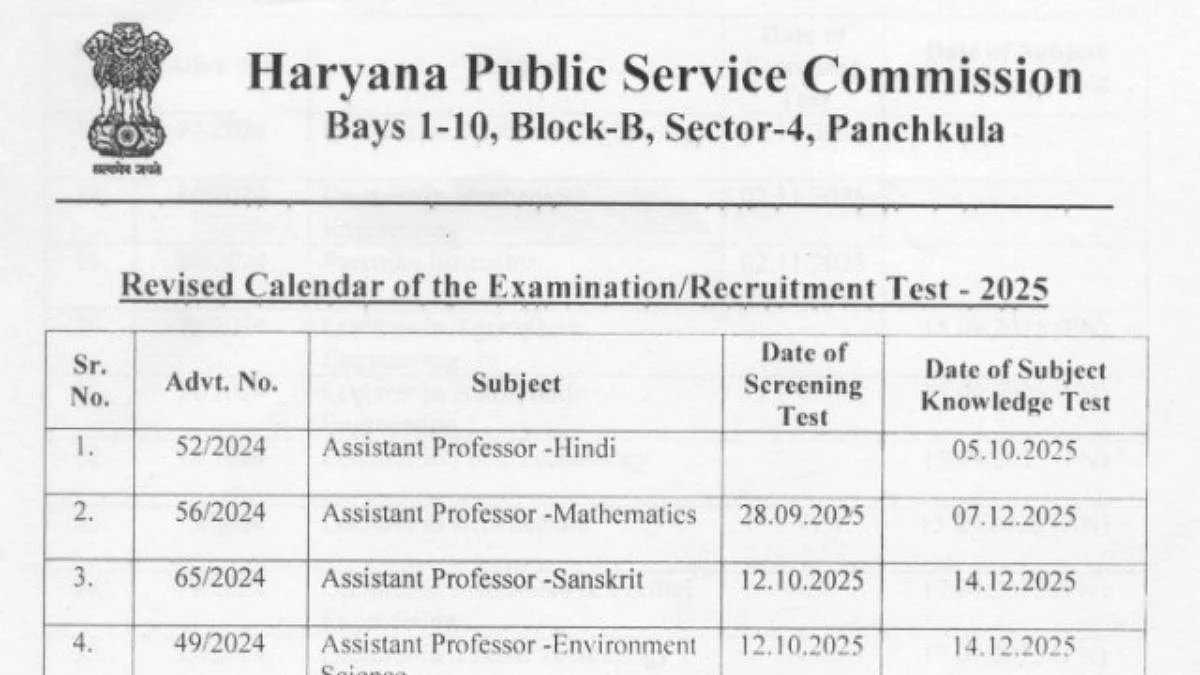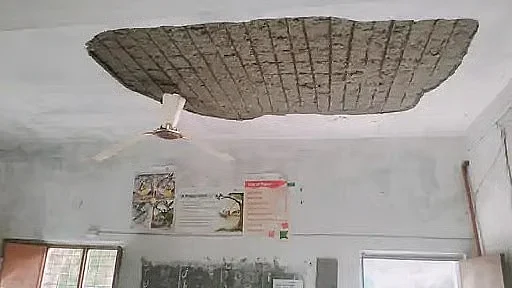In the wake of the Badlapur sexual abuse case, child rights activists have raised concerns, flagging lack of awareness regarding child protection measures in many schools.
Talking to the Free Press Journal, many of them discussed ways to secure kids.
“Understanding how to recognise signs of abuse, asking the right questions to the child and then reporting the case are most important. However, most schools do not have the required knowledge or training,” said Swati Popat Vats, Early Childhood Association (ECA) president.
Smile Foundation director (programmes) Shushanta Kumar Bhuyan said, “Child protection is a collective responsibility. The government should take up responsibility for legal guidelines, helplines and commissions and make sure that they are followed.” The greater problem lies in spreading awareness and ensuring compliance, Bhuyan asserted.
UNICEF (Maharashtra) Child Rights Policy and Advocacy state consultant Kamini Kapadia said, “There are no model regulations being passed, while no one is ensuring compliance of the existing promulgations.” She stressed that the government should make sure that the schools are well-versed with the Protection of Children from Sexual Offences (POCSO) Act.

“Schools should train the parents for orienting them with the Act. Workshops should be held to teach them and children about good touch and bad touch,” Kapadia added, seeking the inclusion of parents in the complaint committees.
Echoing similar sentiments, Bhuyan said that awareness about child safety measures could be spread by making it a part of the normal day-to-day life of children. “Along with academics and life skills, let’s also have safety as lessons or part of the curriculum. If we can have awards for academic and sports excellence then why not for awareness on child safety?” Meanwhile, Vats said that child safety regulations, which are uniform across all states, are the need of the hour.

The FPJ also spoke to schools about the safety measures taken by them. Maneckji Cooper Education Trust School principal Persis Wadia said, “We have pre-clearance for all our staff, who also attend POCSO workshops. There is also an internal complaints committee comprising parents and non-teaching staff.”
Kanika International School principal Sunanya Awasthi said, “We have a compulsory police check-up for the staff. After the Badlapur incident, the school has decided that there is a woman accompanying kids at places where they can be vulnerable.”










